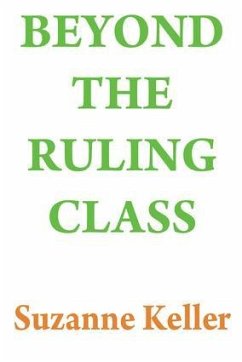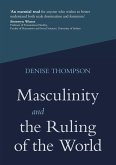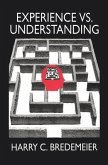Influential minorities have existed in some form in all human societies. Throughout history, such elites have evoked varied responses--respeet. hos-tility, fear. envy, imitation, but never indifference. While certain elite groups have been of only passing historical importance, strategic elites, whose mem-bers are national and international leaders, today are ultimately responsible for the realization of social goals and for the continuity of the social order in a swiftly changing world. This volume, which first appeared in 1963, markeda major advance in our theoretical understanding of these elites, why they are needed, how they operate, and what effect they have on society. Drawing upon the work of such classical writers as Saint-Simon. Marx. Durkheim. Mosca. Pareto. and Michels, and such modern scholars as Mann-heim. Lasswell, Aron. Mills, and Parsons, the author presents a challenging theory of elites that provides the framework for her examination of their co-existence, their social origins, and their rise and decline. The elites discussed here include political, diplomatic, economic, and military, as well as scientific, cultural, and religious ones. Systematically, the author surveys available em-pirical data concerning American society, and selected materials on Great Brit-ain. Germany, the Soviet Union, and the developing nations of Asia and Africa. Written with clarity and distinction. Beyond the Ruling Class remains a thorough and provocative treatment, rich in empirical insights, of a subject that will compel the attention of political scientists, sociologists, and historians concerned with themes of power, influence, and leadership in national and international life. Her new introduction to Beyond the Ruling Class is at once an appraisal of the current status of elite studies and a careful self-evaluation of her efforts.
Bitte wählen Sie Ihr Anliegen aus.
Rechnungen
Retourenschein anfordern
Bestellstatus
Storno








